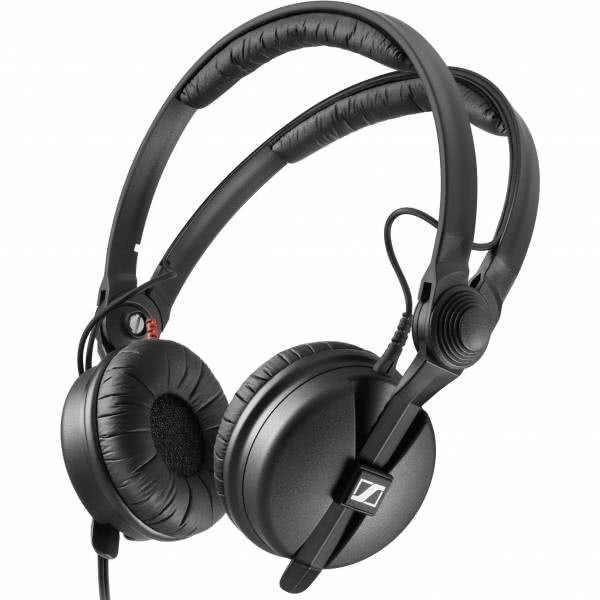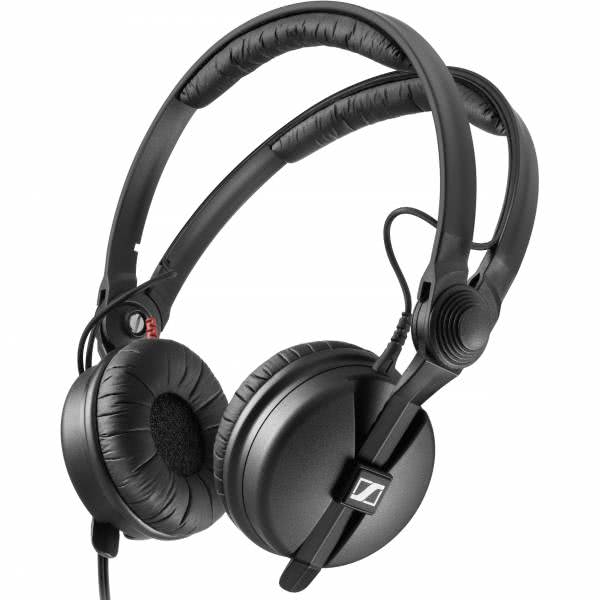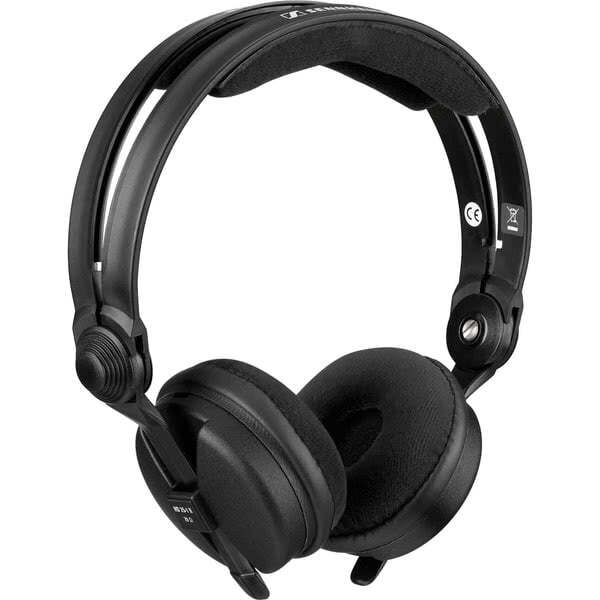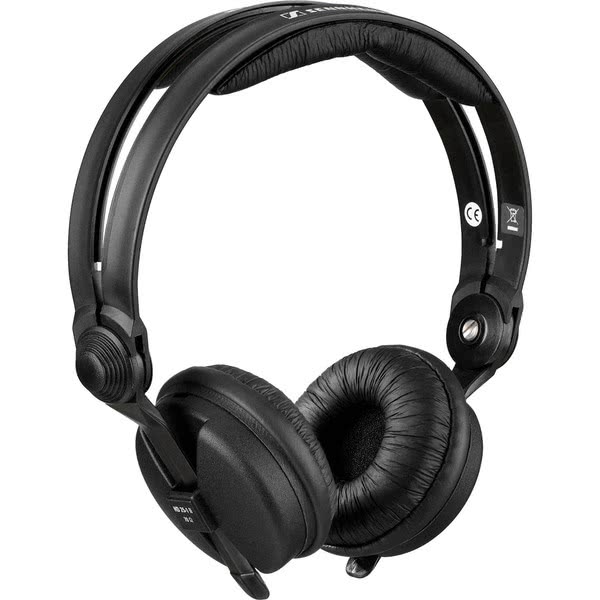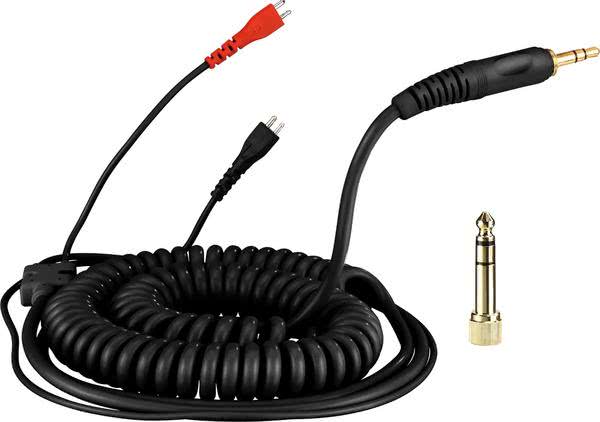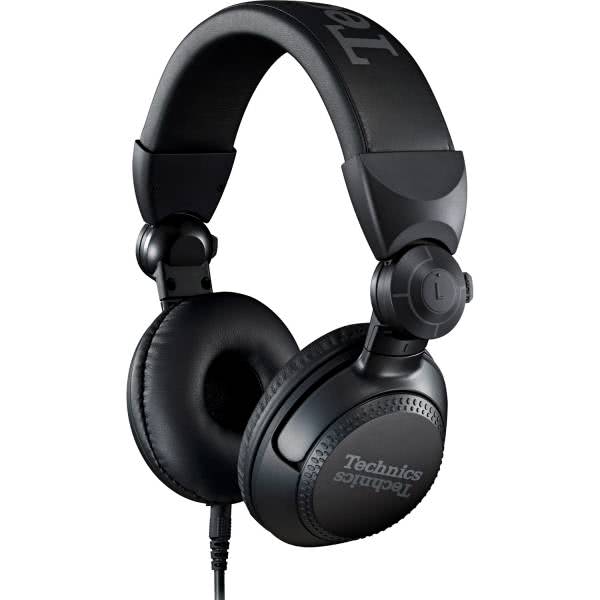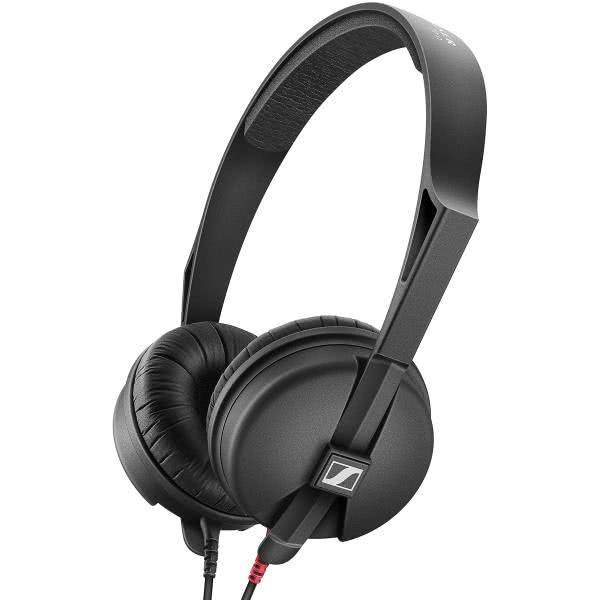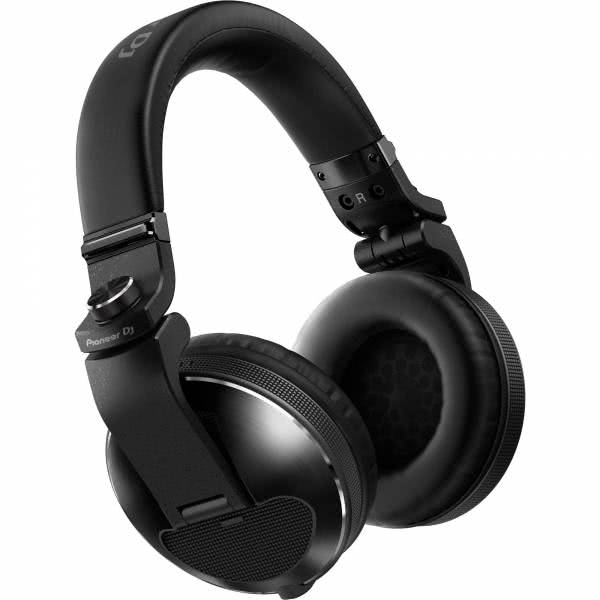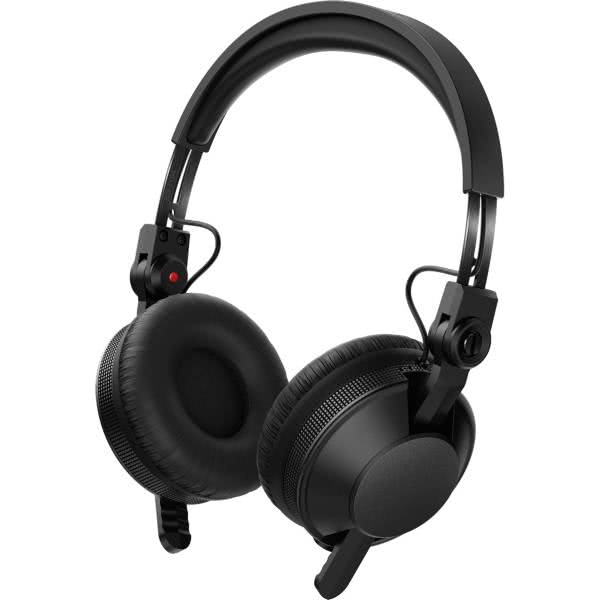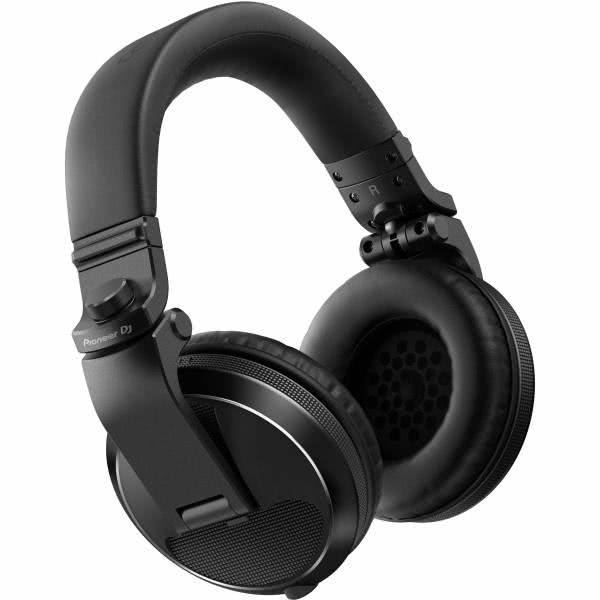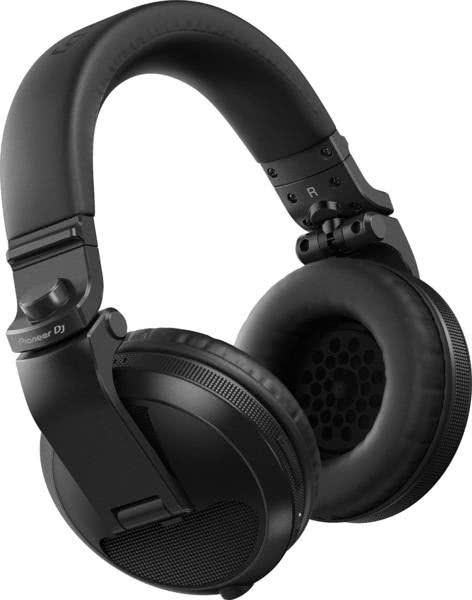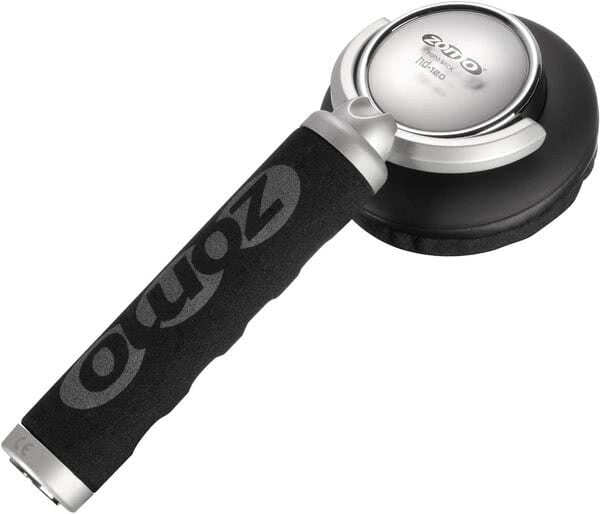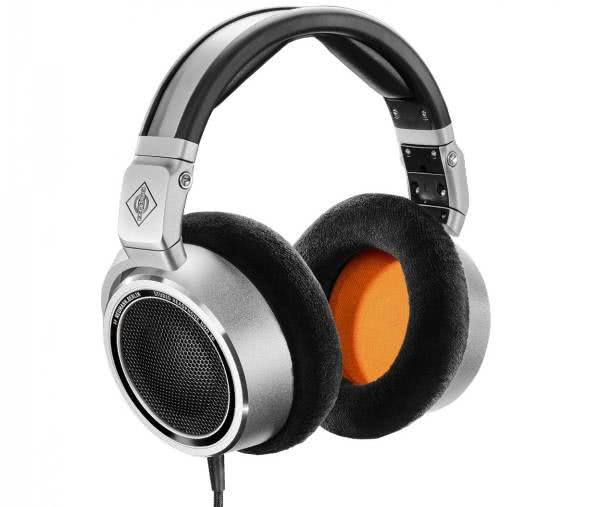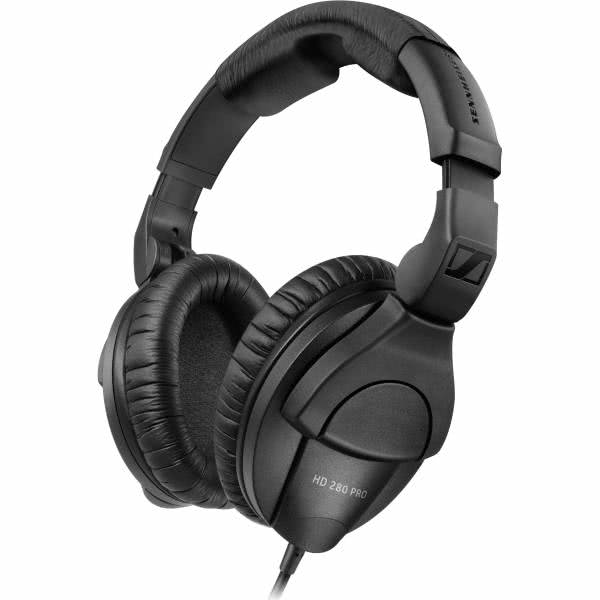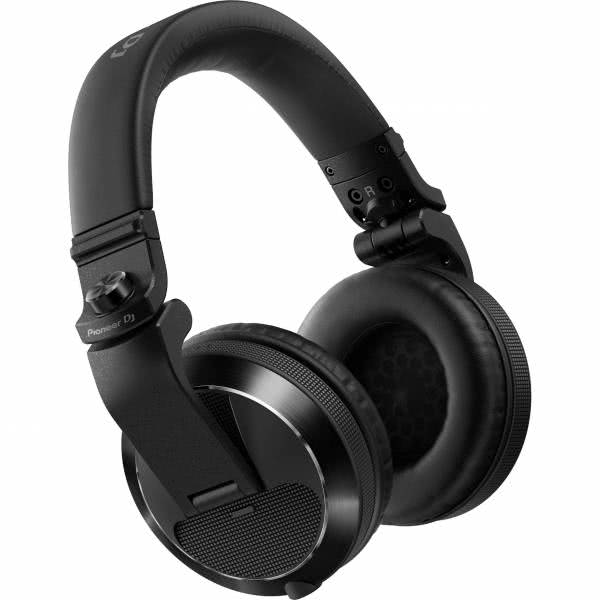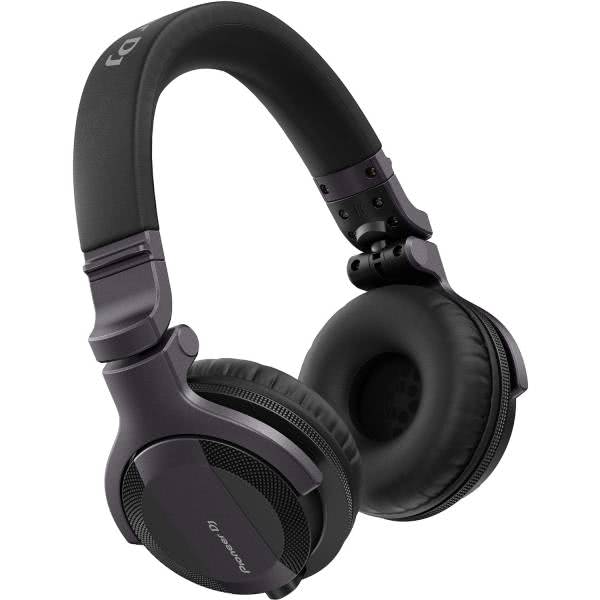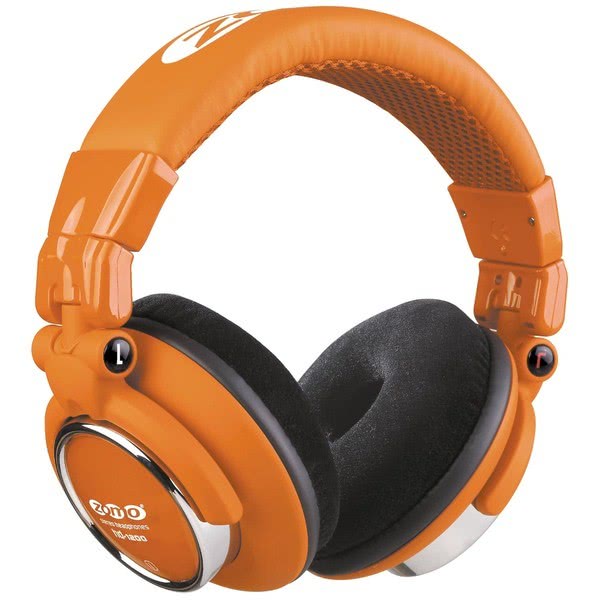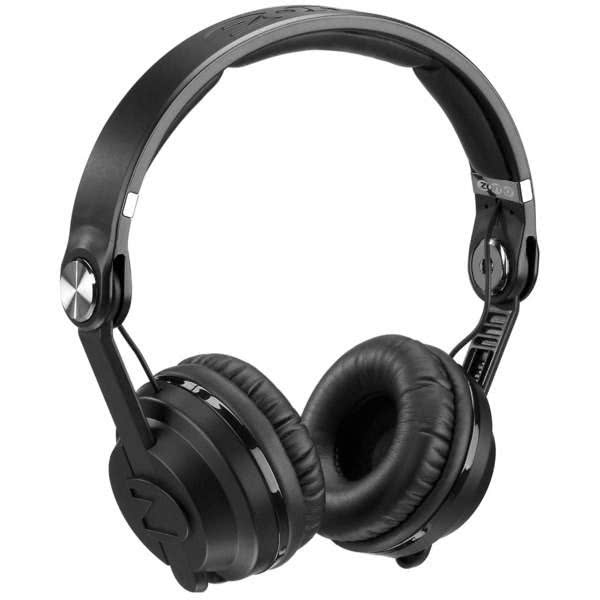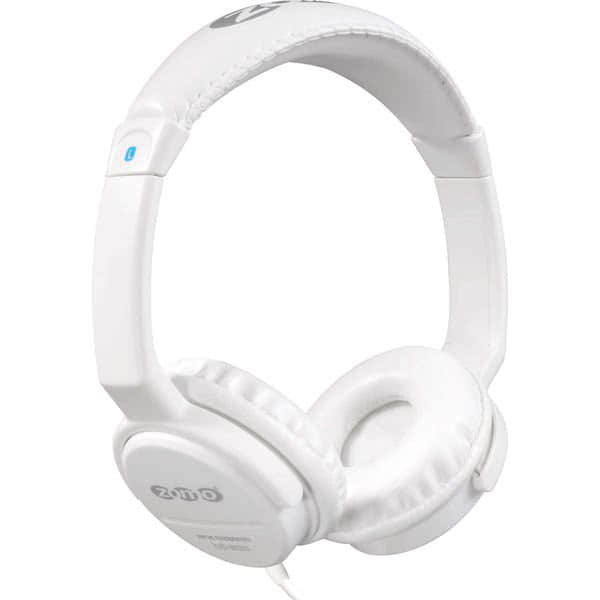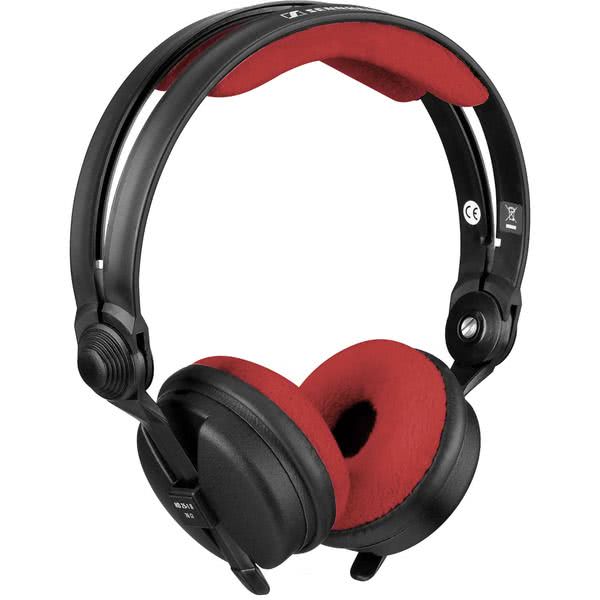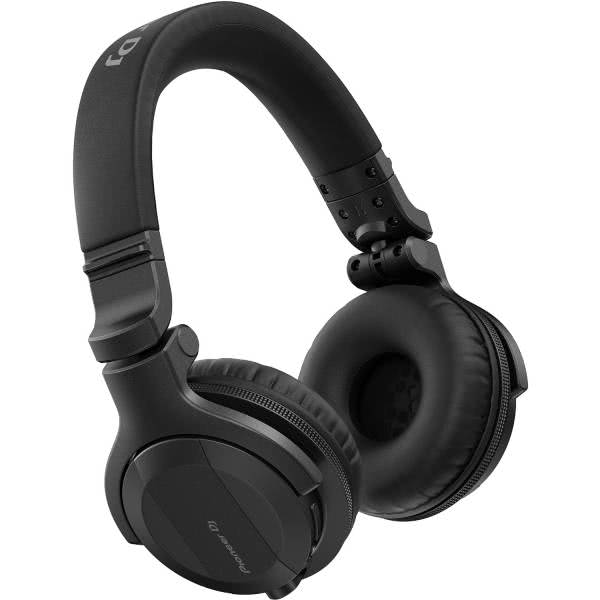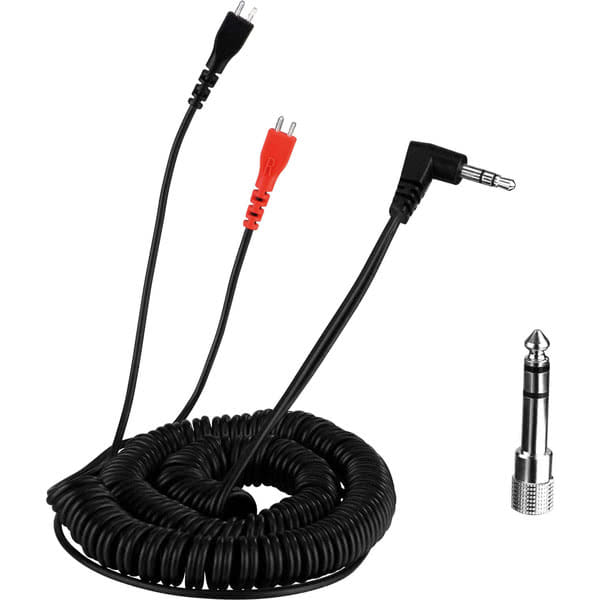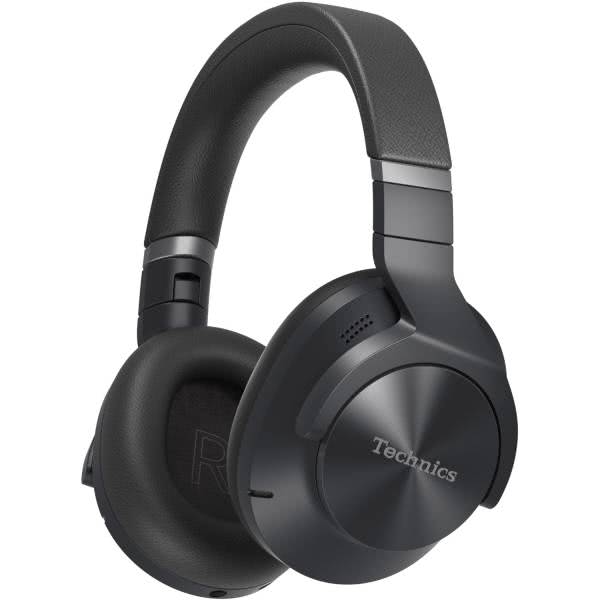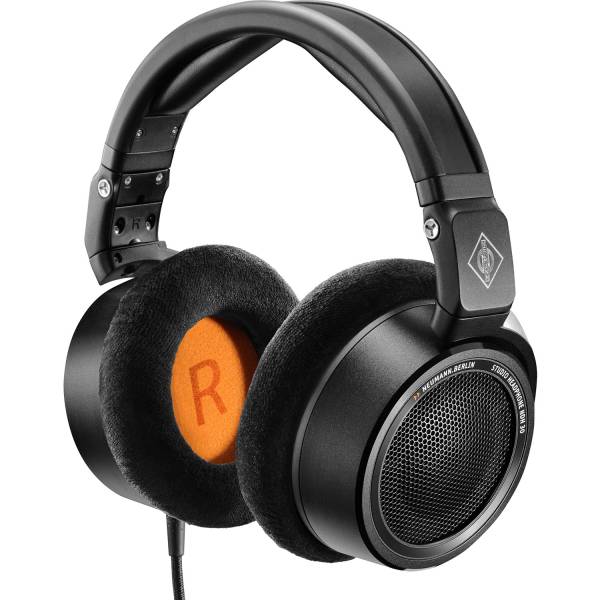You are what you hear!
DJ headphones and monitoring headphones allow you to hear exactly what your audience hears. In noisy environments, closed-back headphones are predominantly used to keep distracting sounds from coming through.
Some have been designed to hear the most important frequencies; crisp highs and rich lows. Because of their accuracy, headphones have become all-rounders that can be used at home, in the studio or on the go.
DJ headphones vs. studio headphones: what are the differences?
To the untrained eye (and ear), they appear almost identical at this glance. However, there are important differences between them:
Because they are designed for different purposes, they work in different ways: Studio headphones are designed to provide a more natural "flat" sound, ideal for mixing and mastering, where uniformity of sound is important.
The advantages of DJ headphones
On the other hand, DJ headphones were designed to deliver a punchier sound - with more bass and treble, ideal for live performances or loud environments.
Since they are used in noisy environments, these are usually closed-back. By delivering more bass, the headphones allow the DJ to hear the beats better, which is a crucial advantage during a DJ set.
DJs also prefer headphones with rotating ear cups, because this allows them to hold the headphones to one ear while using the other ear to hear what the audience is hearing through the PA speakers.
The advantages of studio headphones
Studio headphones are used for professional mixing and recording. To meet the demands of modern music producers, these headphones provide a neutral-flat and detailed sound that allows accurate referencing of the audio signal.
There are two main types of studio headphones - closed or open. In our store you can find a huge assortment with the best brands like AKG headphones, Beyerdynamic, Pioneer, Sennheiser, Yamaha and many more.
Closed or open headphones?
Studio headphones are suitable for environments that require better sound isolation, which allows less noise to leak out and reproduce the all-important bass. So if you're mixing live, closed-back headphones provide the isolation you need that blocks out background sounds.
Open headphones offer a very wide sound field, but are not quite as isolating. Usually, studio engineers need a precise and detailed sound, which is why they need open models to realize their project, while closed ones are used by artists when recording.
Other interesting types of headphones in the range
Headphone amplifiers serve several purposes - they split the signal and allow more than one person to hear the mix on their individual headphones, on the other hand, they improve the audio quality of what you hear during playback.
In addition, external amplifiers can affect the sound by, for example, using tube technology to "fatten up" the sound or boost the signal to attenuate the headphones' internal processors.
Hi-Fi Headphones
Hi-Fi headphones are the right choice for listening to subtle nuances of music rather than recording. Depending on the demand for quality, hi-fi headphones can be less expensive than studio headphones. However, if you want really good, pristine sound, you may have to dig deep into your pocket even in this segment.

